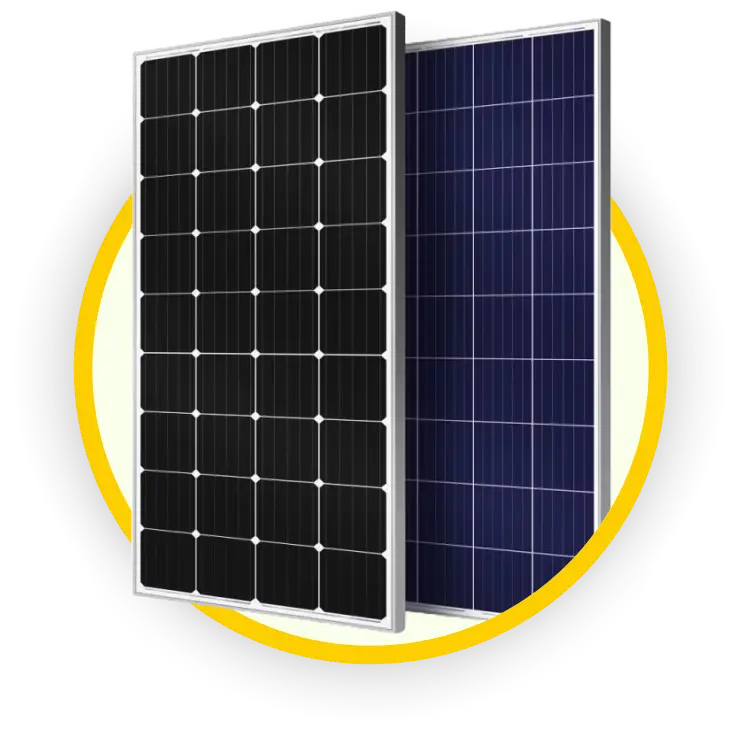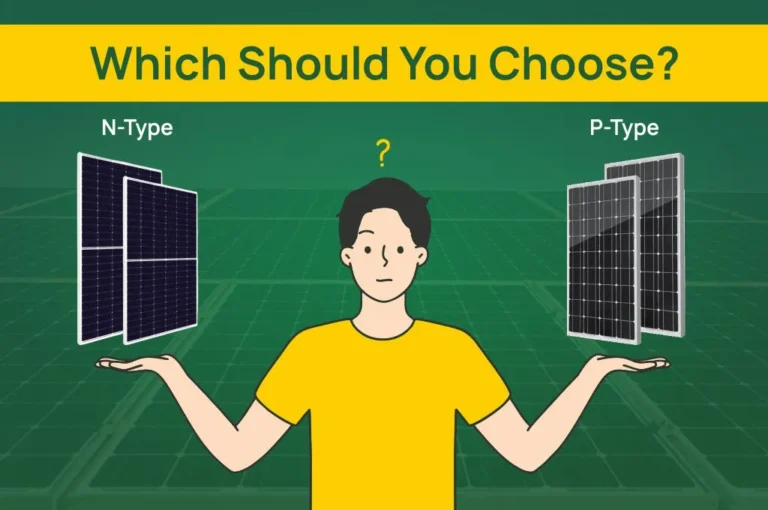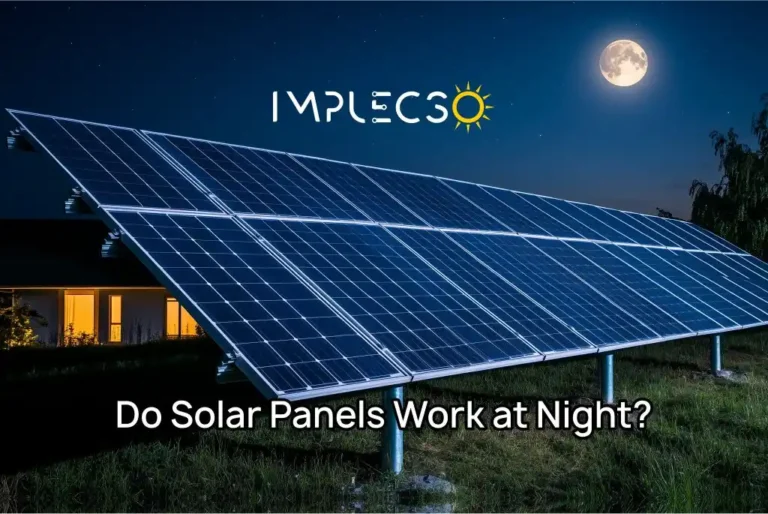Hybrid vs On-Grid Solar Systems: Which One Should You Choose?
As Pakistan continues to face frequent energy crises and rising electricity costs, many homeowners and businesses are making the smart shift to solar energy. Solar power is not only environmentally friendly, but also a reliable and long-term investment that helps reduce electricity bills.
However, one of the most important decisions you’ll need to make before installing a solar system is choosing between an On-Grid and a Hybrid solar system.
Let’s break down the features, pros, and cons of both systems to help you make the right decision based on your energy needs, budget, and the prevailing power conditions in your area.

What is an On-Grid Solar System?
An on-grid (or grid-tied) solar system is directly connected to the national electricity grid. It doesn’t require batteries. Instead, it supplies solar power to your home during the day and exports any excess energy back to the grid. This system works with net metering, which allows you to earn credits or reduce your bill by supplying unused electricity to the grid.
How It Works:
- Solar panels generate DC electricity.
- A solar inverter converts DC into AC, which powers your home.
- Extra electricity is sent to the grid, and you earn credits via net metering.
- During the night or cloudy weather, electricity is drawn from the grid.
Advantages:
- Lower Initial Cost: No batteries mean reduced upfront investment.
- Earn from Net Metering: Sell excess power back to the grid and save money.
- Simple Maintenance: Fewer components mean easier upkeep.
Limitations:
- No Backup in Load Shedding: If the grid goes down, your system shuts down too, even if the sun is shining.
- No Energy Storage: Power generated during the day is not stored for use at night.
What is a Hybrid Solar System?
A hybrid solar system combines the features of both on-grid and off-grid systems. It connects to the grid but also includes battery storage, allowing it to operate during power outages. When the batteries are fully charged and there’s excess solar power, it is exported to the grid through net metering.
How It Works:
- Solar panels charge the batteries during the day.
- Your home uses solar power first, then battery power.
- Excess energy is either stored or sent to the grid.
- In the evening or during a blackout, batteries provide backup power.
Advantages:
- Backup During Load Shedding: Batteries keep essential appliances running even when the grid is down.
- More Energy Independence: Reduces reliance on inconsistent utility power.
- Net Metering + Storage: Save on bills and maintain uninterrupted power.
- Smart Usage: Use stored energy during peak hours to avoid high tariffs.
Limitations:
- Higher Cost: Batteries and hybrid inverters increase the upfront investment.
- Battery Maintenance: Batteries require proper care and have a limited lifespan.
Which System is Right for You?
Choose an On-Grid System if:
- Your area has minimal load shedding.
- You’re on a tight budget.
- You want to benefit from net metering but don’t need backup power.
Choose a Hybrid System if:
- You experience frequent power outages.
- You want backup energy during blackouts.
- You’re willing to invest more upfront for long-term energy security.
Suggested System Sizes for Pakistani Households
| System Size | Best Option | Why |
|---|---|---|
| 5 kW | Hybrid | Keeps essential appliances running during blackouts. |
| 7 kW | Hybrid | Ideal for medium homes; provides backup + net metering benefits. |
| 10 kW & Above | On Grid with UPS | Cost-efficient combination of backup and maximum savings. |
Final Thoughts
Both on-grid and hybrid systems have their own advantages, but the best choice depends on your location, electricity usage, and tolerance for power interruptions. We recommend a hybrid system for loads below 10 kW, as it offers reliable backup with fewer batteries. For loads above 10 kW, an on-grid system is more suitable, as it maximizes savings through net metering.
Still unsure? Contact Us to assess your property and help you design a solution that balances cost, efficiency, and reliability.



![Which Solar Panel is Best in Pakistan? [2025 Guide]](https://implecso.com/wp-content/uploads/2025/05/which-solar-panel-is-best-768x514.webp)


